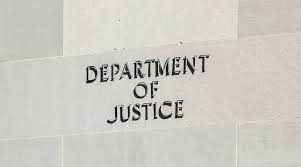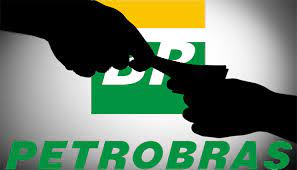DOJ and CFTC Close Out Slow FCPA Enforcement Year with $98 Million Resolution with Freepoint Commodities LLC (Part I of II)

The Justice Department’s FCPA enforcement record for 2024 was slow. This trend was unexpected, contrary to my own predictions and of various other prognosticators. It is hard to explain why this slowdown occurred.
DOJ’s record is hard to square against DOJ official speeches, statements and policy changes, which all were premised on an expectation of increased enforcement over prior years.
Between 2012 to 2018, Freepoint paid bribes to Petrobras officials in exchange for confidential information about pricing and bids from competitors. Freepoint used coded messages and encrypted messaging applications to disguise the scheme. Additionally, Freepoint engaged in sham transactions and negotiations to funnel bribery payments through a third-party who used offshore bank accounts and shell companies to make bribery payments.

The enforcement action is closely related to three individual criminal prosecutions against Glenn Oztemel, a Freepoint senior trader; Glenn Oztemel, Glenn’s brother; and Eduardo Innecco, a third-party agent for Freepoint. Those charges are still pending.
Applying the Corporate Enforcement Program factors, DOJ cited the following:

- Freepoint received credit for cooperation, despite the fact that it initially cooperated in a limited fashion;
- Freepoint engaged in remedial actions, including: (i) conducting a root cause analysis and retaining an advisory firm to evaluate its third-party compliance program; (ii) overhauling its third-party compliance and risk management program; (iii) reducing the use of third-party intermediaries; (iv) implementing a global agent onboarding and tracking procedure; (v) strengthening its corporate governance and risk management structures, including through the utilization of data and metrics to evaluate risk, enhancing the independence and stature of its compliance function, and hiring additional, experienced compliance personnel; (vi) updating its global anti-bribery and corruption policy; (vii) implementing a process for reporting and investigating allegations of misconduct; and (viii) conducting testing of its third-party compliance program;
- Freepoint has no prior criminal history.
- Freepoint did not voluntarily disclose the matter.
- The nature and seriousness of the offense, including the payment of over $3.9 million in commissions to a third-party, knowing that a portion of these commissions would be used to pay bribes to Petrobras officials, resulting in ill-gotten profits of approximately $30.5 million.
- Freepoint’s contemporaneous resolution with the CFTC and Brazilian authorities.
Based on these considerations, DOJ awarded Freepoint a 15 percent discount from the bottom of the Sentencing Guidelines range. DOJ declined to appoint an independent compliance monitor.















